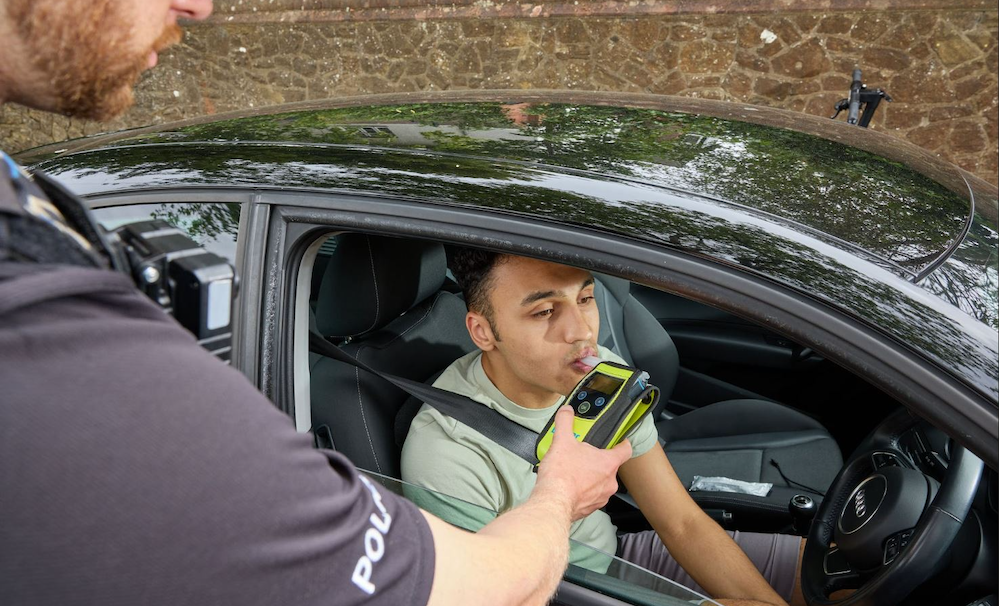The Global Risks Report published by the World Economic Forum (WEF) found that 59 per cent of experts predict that risks of cyber-crime will intensify. Attacks such as NotPetya which cost shipping giant Maersk in the region of $200-300 million are proof that the transport and logistics industry is under threat. Risk-proofing supply chains is now more vital than ever before.
The Darknet – the internet’s evil side, where terrorists, hackers and criminals trade in illegal merchandise such as arms, drugs, and malware – is where hackers can easily buy software for Denial Of Service attacks, stolen employee data, tools to illegally and anonymously access partial delivery stations, and hacks to manipulate vehicles, according to international management consulting firm, Oliver Wyman.
It’s time to wake up to the threat. The Kroll Annual Global Fraud & Risk Report, concurs with the WEF’s data; 97 per cent of UK executives said they had been the victim of a fraud incident in 2017 – increasing from 90 per cent the year before.
The shift to digitise transport and logistics has its obvious positives, but without adequate protection against cyber-attacks, companies are leaving themselves vulnerable. Hackers find the industry tempting because the sheer number of parties involved in transporting cargo mean there’s frequently an Achilles heel; the cyber security protecting a cargo’s journey is only as strong as its weakest link. And it’s far easier for a hacker to target transport logistics software than to crack into a bank’s highly protected system. Ransomware is a particularly strong threat to the logistics industry.
“If you’re not running up-to-date anti-virus software, nor creating backups, and haven’t got the latest systems installed on all your devices, then you could be at risk from cyber-attacks,” says Vigo Software’s MD John Vickers. “The threat is real and I don’t think logistics businesses can afford not to take action.”
Bartrums Road Services is one logistics company that has taken action – they rely on Vigo’s Webroot solution to protect their data. “Vigo support us in many ways, from logging in remotely to keep our software running and supporting our customers using our customer portal, to actually managing our software security,” says David Skates, Commercial Manager. Proving that finding adequate protection is not complicated.
The costs of being hacked are growing exponentially, but few businesses can place a cost on how expensive a cyber-attack actually is. There are limited tools available to help companies gauge their vulnerability and mitigate the risk. The loss is not only foregone revenue, it’s also ancillary payments, liability losses and reputational damage, which can lead to future losses in revenue, according to analysis by PwC in a report, Transportation & Logistics 2030. Volume 4: Securing the supply chain.
WannaCry, Petya and NotPetya are just the start of the cyber war on businesses, and while companies may not understand the science behind such cyber attacks, ignorance of the risks is no protection – anti-virus and backups are, quite simply, essential.







